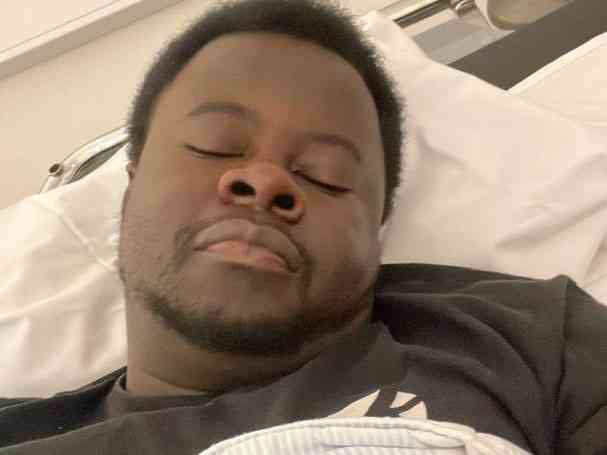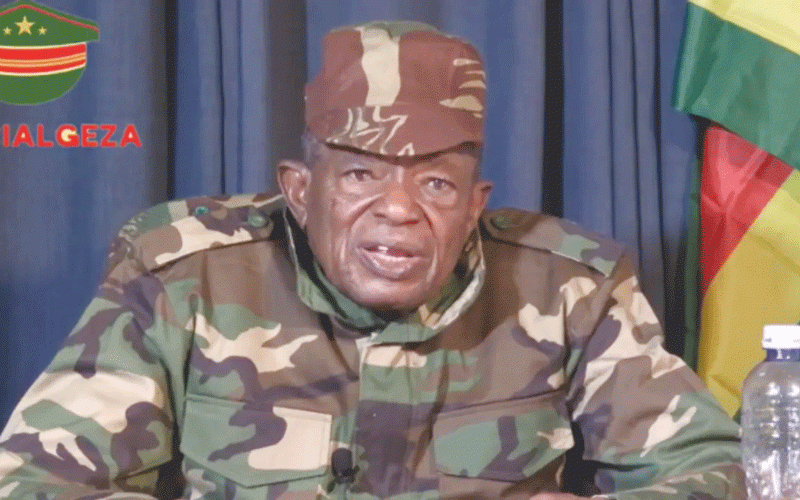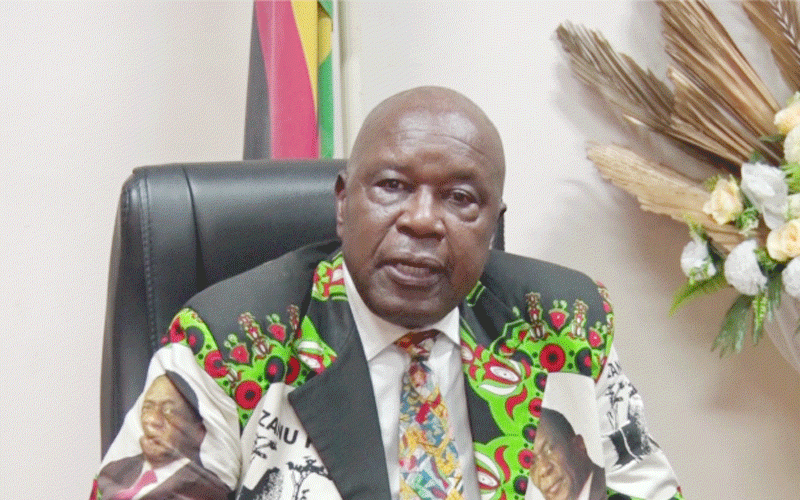
Sometime in 2017, former student activist Fanuel Kaseke was picked up by three men and a woman, who knocked him unconscious and kept him in a locked and darkened room for six days.
Kaseke was abducted and tortured after being accused of organising school fees protests at the University of Zimbabwe in 2017.
He was beaten and interrogated over his relationship with the opposition Movement for Democratic Change and the reason for his student activism.
Today, seven years later, Kaseke continues to grapple with the aftermath of the abduction and torture following the traumatic events resulted in him suffering from severe post-traumatic stress disorder (PTSD).
In an exclusive interview with The Standard last week, Kaseke, who is now based in Norway, said he had been hospitalised for two months as he is still enduring the trauma.
He said the scars of that harrowing experience remain as fresh as if the incident happened yesterday.
“It is quite surprising that it's seven years now, for me it feels like yesterday. I have been struggling for the past seven years and the most tragic part is that I have done the greater part of it alone,” Kaseke said.
“My mental health has been in shambles. I have dedicated most of my time trying to ignore the signs and struggles by trying to solve other people’s problems but eventually you break down.
- Education 5.0: Blessing or curse for UZ students?
- UZ in fees shocker
- Deliver free education, govt told
- Police break up UZ protests
Keep Reading
“I am still hospitalised and it’s almost two months now while I am trying to find ways to heal.
“I have appointments with different specialists and there are other physical damages that were done, some not repairable but I hope to be fine.
“I was diagnosed with PTSD for the second time. The first time was in 2017 when I was home.
“I thought with time I would just forget everything after counselling, apparently it does not work that way.”
Kaseke also shared his medical reports with this publication.
He said torture experience was designed not just to inflict physical pain, but to shatter the very essence of a person.
“I have tried to maintain normalcy in the public eye at the expense of my inner happiness. Deep down I was crumbling,” Kaseke said.
“The Fanuel that was abducted and the Fanuel that came out are two different things.
“Most people do not understand that torture is not meant to break the body, but it’s meant to break the soul.
“I was broken and I am still broken. I do not feel safe; I have not felt safe in a long time.”
The combination of physical symptoms like nosebleeds and headaches with psychological distress have made it challenging for him to lead a normal life.
Kaseke’s struggle with PTSD began shortly after his abduction.
“I remember when I was still at the University of Zimbabwe I struggled a lot. At that time I was not aware of these anxiety attacks and flashbacks,” he said.
“It comes with a lot of physical symptoms and when you do not know what it is, you will be feeling like dying. Several times I was admitted at Parirenyatwa hospital when I was still at UZ.”
The former student activist was abducted while walking home in Chitungwiza, south of Harare.
“I was knocked unconscious and I woke up in a very small dark room. At that time I was naked and it was in winter. I was abducted for six days with no food,” he added.
“They only gave me a slice of bread each day to eat, of which they dropped on the floor.
“The three men and a woman accused me of organising a demonstration, inviting Evan Mawarire and inviting MDC youths to campus and writing a lot of pieces which were against the late former president Robert Mugabe.
“So they asked who sent me and I replied saying it was poverty. They laughed and said we have time, you will tell us and they started torturing me.”
After his kidnappers released him, Kaseke said he was mistreated by state agents and police who subjected him to a gruelling six-hour interrogation despite his fragile condition.
He said the abduction mentally disturbed his family and left deep emotional wounds.
“I have never talked about it to my family because the abduction itself destroyed my family. There are events that happened during that time, my mother was in South Africa and she had just found a new job which was paying well,” Kaseke said.
“She had to come home and help my sister to look after me; she never went back to South Africa after that. At that time, my sister was the only one who was looking after me.
“My family went through a lot, at one point they were told by police to go look for me at the mortuary when I went missing following my abduction. So it was a very difficult time for my family.
“So I felt I had caused so much pain to my family to the extent that at least they were happy that I was alive. So everything that came after that, I have been facing it alone. I had not told them that I was hospitalised.”
Zimbabwe’s history of abductions predates the country’s independence in 1980 and most of the cases remain unresolved.
Last month, Dangamvura legislator Prosper Mutseyami called on the government to accede to the International Convention for the Protection of All Persons from Enforced Disappearances to stop the culture of State-sponsored abductions.
According to Zimbabwe Lawyers for Human Rights, over 5 894 people have been abducted by the state since 2000.
Zanu PF director of information and publicity Farai Marapira told The Standard that: “If there is anything of a criminal nature, we always urge people to report to the police so that the authorities can act timeously so that these issues always find resolutions.
“As Zanu PF we do not support abductions.”









